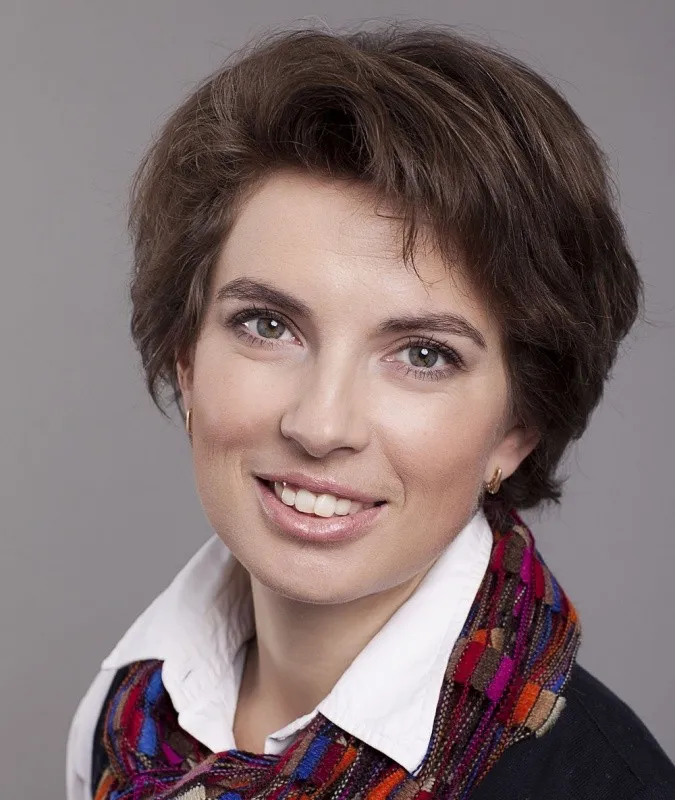Russia in the Quantum Vanguard: From Labs to Real-World Solutions
Russia is setting new records in the global race for quantum computing. The country’s Quantum Computing Roadmap through 2030 has already produced tangible results: Russia is now one of only three nations in the world—alongside the United States and China—to develop working processors across all four major platforms: ion, atomic, photonic, and superconducting.

The Quantum Computing Roadmap
Just five years ago, quantum computers in Russia were viewed as a distant dream. Today, they are a working reality. Thanks to a coordinated national strategy outlined in the Quantum Computing Roadmap through 2030, Russian researchers have built functioning quantum processors on four physical platforms: ions, neutral atoms, photons, and superconductors. The ion and atomic processors currently handle 50 qubits each, the photonic processor 35, and the superconducting system 16.
Between 2020 and 2024, the government invested 23.8 billion rubles in quantum technology development. In July 2025, an updated roadmap was approved, reaffirming the country’s long-term priorities. This investment has positioned Russia among the world’s quantum leaders.

A Global Scientific Breakthrough
A team from the Lebedev Physical Institute and the Russian Quantum Center recently achieved a world first: they implemented a Toffoli gate on ten ytterbium-171 ions using qudits—multi-dimensional quantum information units. The work, published in the journal Physical Review Letters, marks a milestone in precision quantum control and paves the way for more stable and scalable quantum computations.
Such achievements demonstrate that Russia’s research community is not merely catching up in the quantum race—it is helping redefine it. The results confirm that the country’s scientific foundation can compete globally in some of the most advanced areas of physics and computation.
From Science to Society
Quantum technologies are already being integrated into real-world applications. In medicine, they accelerate molecular simulations for new drug discovery. In logistics, they optimize delivery routes. In materials science, they help design ultra-strong alloys. In finance, they improve portfolio optimization and risk modeling.
One practical example is Rosatom’s use of a quantum computer to calculate heat transfer for its 'Breakthrough' nuclear energy project—an industrial-level demonstration of quantum computing’s value.
The government views quantum technology as a cornerstone of technological sovereignty. By 2030, Russian universities and research institutes aim to train more than 8,000 undergraduates and specialists, 2,600 master’s students, and nearly 800 doctoral candidates in the field.
Leadership and Collaboration
The Russian Academy of Sciences oversees scientific evaluation and quality control, while a federal commission on digital development coordinates strategic management. This structure allows fundamental discoveries to be quickly translated into applied technologies that serve industry needs.

Russia’s approach contrasts with that of other global leaders. While IBM focuses on building its 1,121-qubit Condor processor, Google advances in quantum error correction, and China develops its Jiuzhang photonic systems, Russia continues to pursue all four major technological tracks simultaneously. This diversified strategy reduces dependence on a single architecture and broadens potential use cases—from quantum cryptography to complex physical modeling.
Quantum Technologies for the Future
Pilot projects are already emerging in energy, transport, pharmaceuticals, and logistics. In the next two to three years, the country expects to see growth in sector-specific solutions and the expansion of cloud-based quantum computing services—so-called 'quantum as a service.'

Russia’s most promising export opportunities lie in software, algorithms, education, and consulting, as well as in the deployment of quantum cryptography networks with partner nations. Although hardware exports remain constrained by sanctions, the software-service model continues to thrive amid the rapid growth of the global quantum market.
Having moved from laboratory experiments to its first industrial pilots, Russia is now shaping the foundations of future digital tools. At the current pace of progress, by 2030 the country could become a key player in the global quantum technology landscape.










































